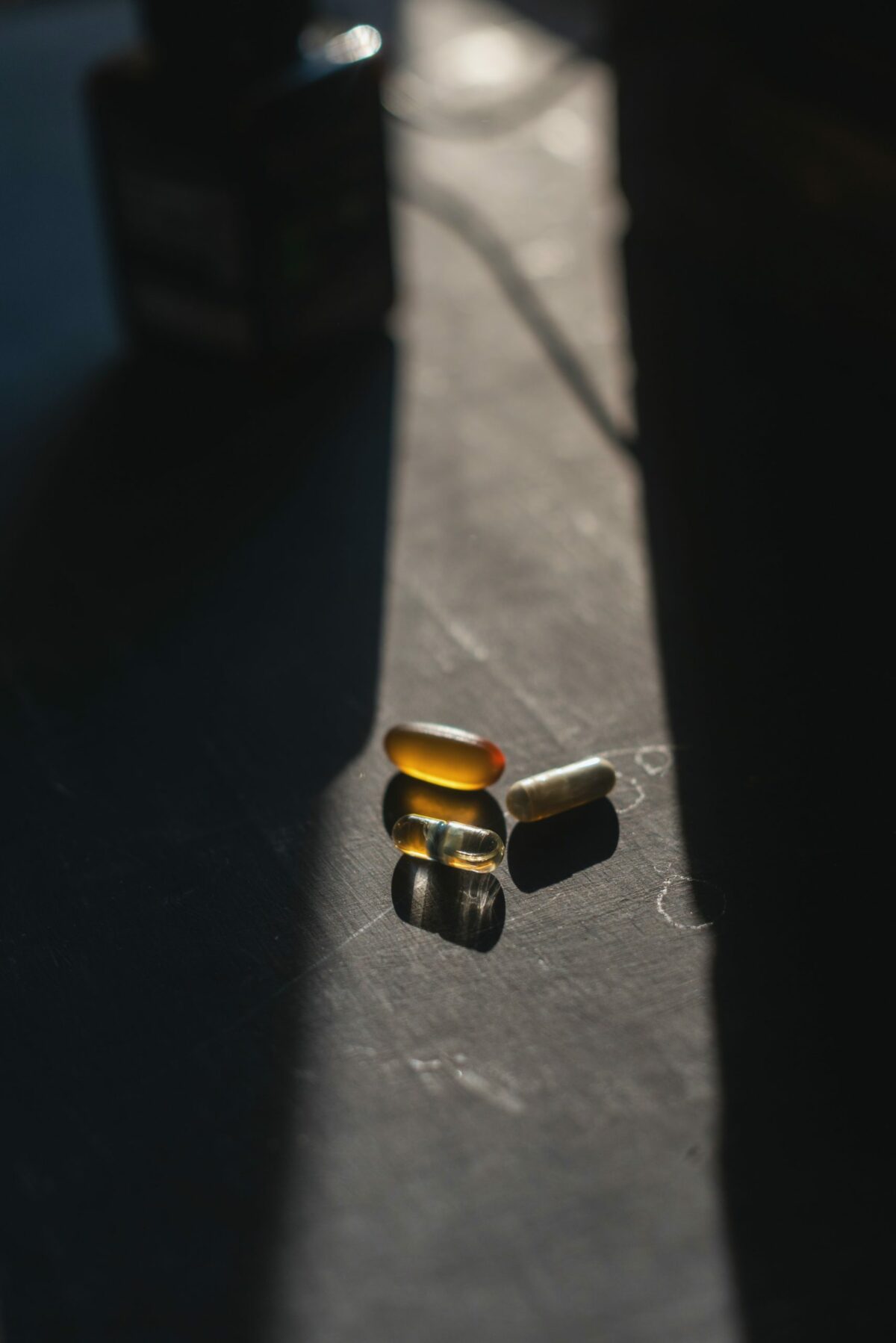
May 28, 2020
When Is Taking Too Many Supplements Dangerous?
SHARE
Sure, we’d all love to eat nutritionally-balanced, home-cooked meals every day, but that’s not always possible. Sometimes, we have to make do with takeout and frozen dinners.
Sadly, most takeout meals and frozen dinners aren’t designed with nutrition or health in mind. If they were, they probably wouldn’t be as popular!
Most of us worry that we’re not getting enough vitamins and minerals from our less-than-ideal diets, which is why nearly 80% of us take dietary supplements.
While most people probably only take a morning multivitamin and some omega -3, dietary supplements can be a slippery slope. Every new supplement seems like the missing piece on the journey to health and wellness, and before you know it, you have a cabinet full of pills and powders.
Can You Overdose on Supplements?
Most vitamins and minerals have a specific tolerable upper intake level, which is the maximum amount that anyone should take. It’s practically impossible to reach these limits when getting your nutrients from food. However, if you’re taking multiple supplements daily, an overdose can sneak up on you.
The most toxic vitamins are Vitamin A, D, E, and K because they’re fat-soluble. Unlike water-soluble vitamins like Vitamin B-complex and C, which are easily excreted from the body, excess fat-soluble vitamins are stored and can accumulate to dangerous levels quite fast.
Water-soluble vitamins aren’t harmless, though. Very high doses can still cause dangerous side effects like abdominal pain in the case of Vitamin C and liver damage in the case of Vitamin B3.
Where to Draw the Line
● Get tested for nutrient deficiencies
If you suspect you have vitamin and mineral deficiencies, don’t just start researching your symptoms on the internet and buying supplements to try because this is ineffective and expensive. Instead, take a micronutrient test to identify what you actually need; it’ll save you a lot of money in the long run.
● Get a prescription
Although you don’t need a prescription for buying over the counter (OTC) supplements, it could help you from going overboard. Ask your doctor or see a functional medicine practitioner for a prescription.
● Read the labels & track your intake
Whether you buy OTC supplements or get a prescription, read the labels. Pay attention to the dosage and the daily value percentage (%DV), which is the recommended amounts of nutrients to consume or not to exceed each day. Anything above 100% should be a red flag unless you have an actual deficiency. If you’re taking more than one supplement, remember to add the daily value percentages for each nutrient.
● Know the limits and watch out for warning signs
Do your research on the Recommended Dietary Allowance and upper intake levels for any nutrients you intend to supplement. The best resource for this is the National Institutes of Health (NIH) website, as it has clear guidelines for most supplements.
Also, watch out for warning signs like abdominal pain, nausea, heartburn, sensitivity to light, and pretty much anything out of the ordinary. Stop taking supplements immediately if you experience any unexpected effects.
When used the right way, supplements can be a great addition to a healthy lifestyle, as long as you get a micronutrient test to figure out what and how much you really need. Once you know, it’s much easier to protect your health by getting the right supplements and tracking your intake.
